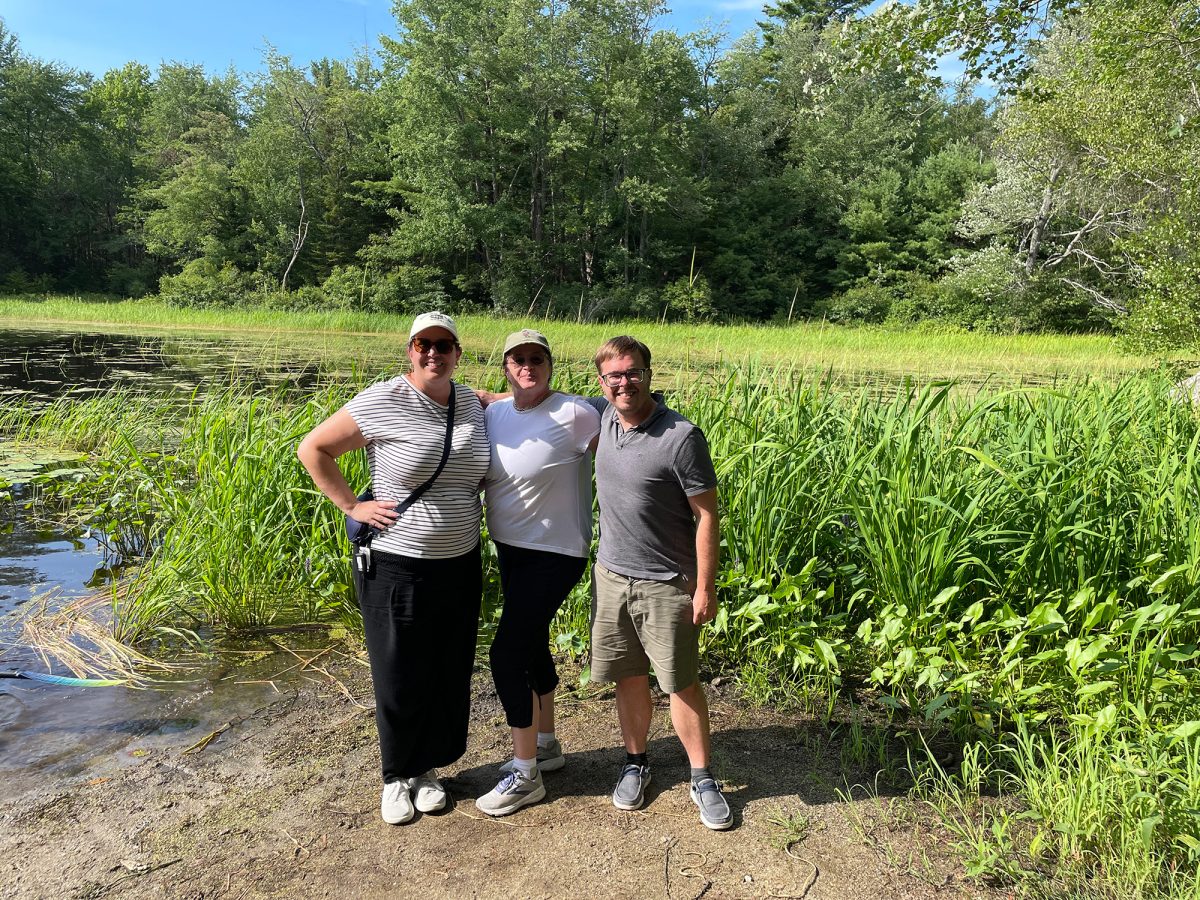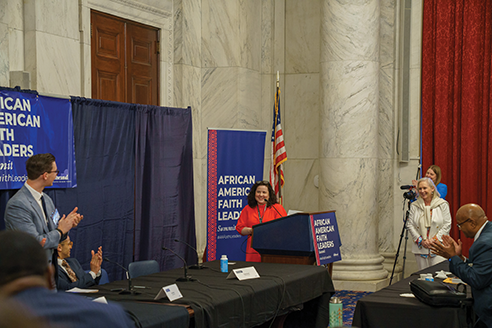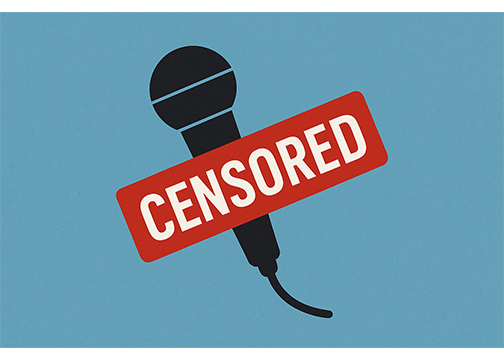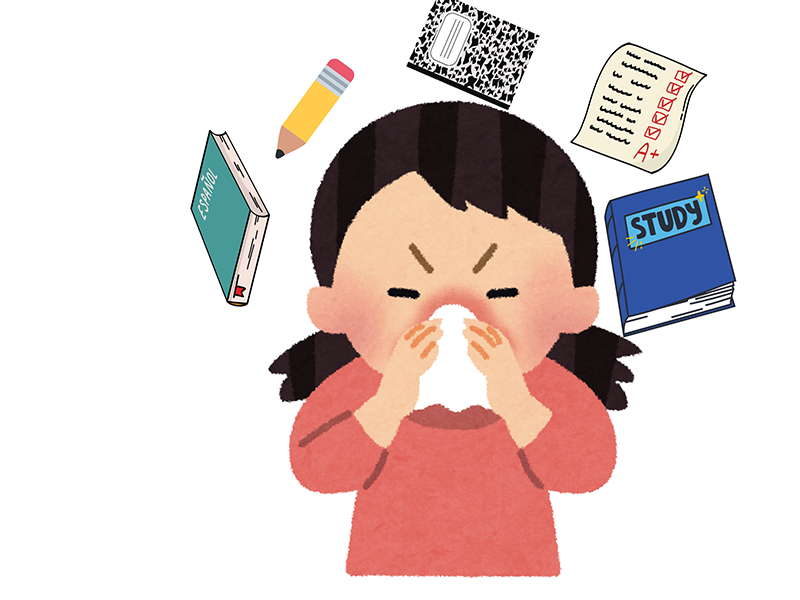
Cancer. Everyone is terrified of hearing that word. According to the National Breast Cancer Foundation, “13 percent of women in the U.S. will develop invasive breast cancer at one point in their life.” According to Breastcancer.org “about 16 percent of women with breast cancer are younger than 50 years old.” With these statistics, it’s very likely that you know someone who is or will be personally affected by breast cancer.
Dr. Arianne Gallaty, a breast surgeon at The Center for Cancer and Blood Disorders in Fort Worth, emphasizes the importance of self-advocacy to all of her patients.
The standard of care for screening breast cancer is a mammogram, which provides doctors with a three-dimensional x-ray of the breast.
“I had a couple patients getting their first mammograms, and they were all pretty much unanimously saying, ‘yes, it was a little bit uncomfortable,’” Gallaty said. “But they understand that it’s lifesaving.”
Cindy Baker, CFO and managing director at Mariott International, saved her life by getting a mammogram and genetic testing done.
It was October of 2019,” Baker said. “I had just gotten my annual mammogram, which I did every year. They called me back in for additional testing, then back a third time for a biopsy. The biopsy came back showing ductal carcinoma in situ (DCIS), a non-invasive cancer that hadn’t spread.”
Baker decided it was best to get genetic testing done and have all the information she needed before making any decisions.
“The genetic testing came back with a genetic mutation that put me at a high risk for breast cancer,” Baker said. “It wasn’t the BRCA gene, but it’s another mutation called ATM (Ataxia-Telangiectasia Mutated Gene), and that changed the whole treatment plan for me.”
Baker went through a double mastectomy and reconstruction surgery at the beginning of COVID-19 to ensure that the chances of the cancer coming back were as low as possible. Yet, her pathology testing after surgery came back showing a second invasive cancer the biopsy did not detect and that the cancer had spread to her sentinel lymph node
“I thought I was just having the surgery and then that was going to be it for me.” Baker said. “One of the things I learned through this process was that non-surgical breast biopsies don’t always tell the full story.”
After she completed four months of chemotherapy, Baker officially entered remission. Yet, even after such a difficult period, she looks back with gratitude for access to strong medical care teams and for her many support systems, particularly family and friends, that helped her through her cancer journey.
“Had I not got that mammogram, I don’t even know that I would have made it five more years.” Baker said. “When tough things happen, the only choice you have is to push through it. You’re going to get up, put one foot in front of the other, find your strength, and get through it. God doesn’t give us anything that we can’t handle.”













